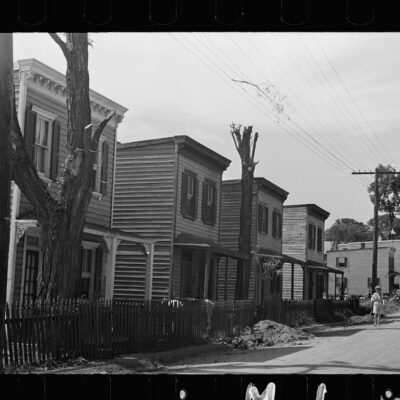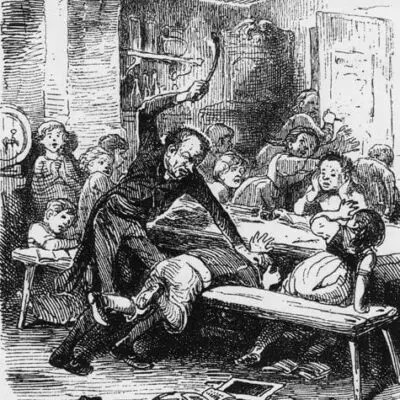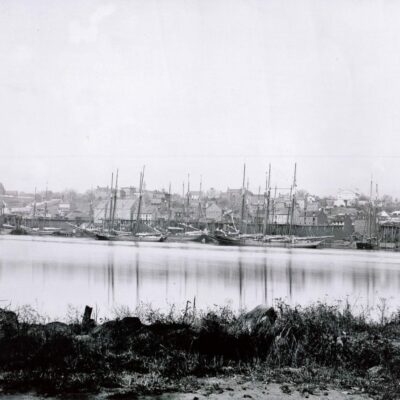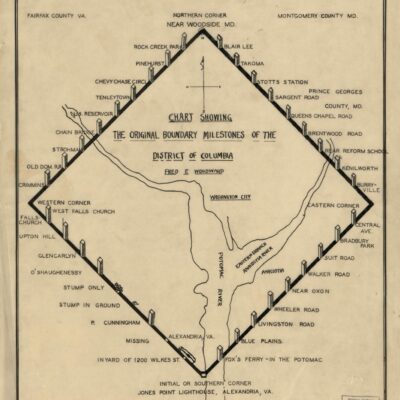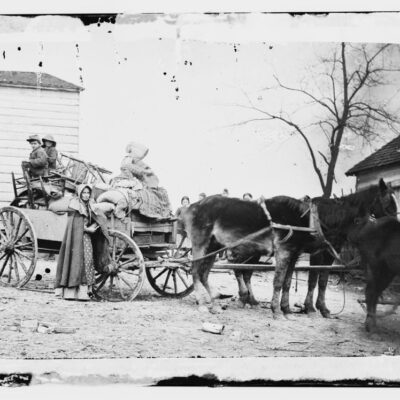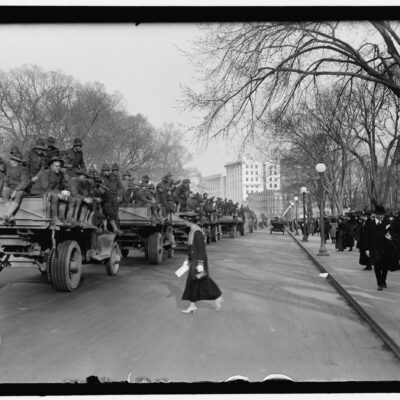The Three Sisters, or Three Sisters Islands in the middle of the upper Potomac, north of Key Bridge are a great spot to visit on a nice spring or summer day … especially if you’re into kayaking or paddle-boarding. Now, I suspect that if you’re a local, or been in the area for some time, that you’re familiar with these islands. And, hopefully you’ve visited them. But, do you know how they got their name?
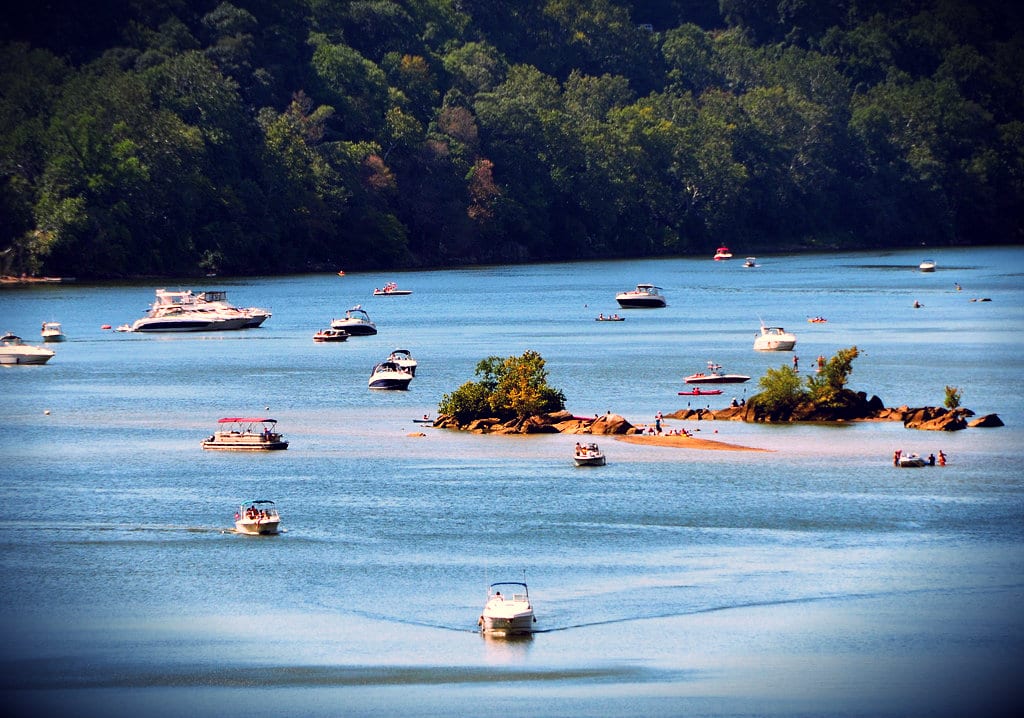
There are a couple versions of the story, but the first one dates back to when the Algonquains lived in the area. Three young sisters crossed the river to try and save their brothers, who had been kidnapped by a rival tribe. The three girls drowned while attempting to cross the Potomac and were turned into the three islands. Okay, so that doesn’t sound very believable. The creepy part is that a strange moaning or bell-like tone is said to be audible from the direction of the islands when the river is about to take another life.
For a slightly more realistic tale, we dug back into the newspaper archives and came across this interesting article from the Washington Post, printed on October 1st, 1907 (106 years ago today).
The Three Sisters will soon be sold under the auctioneer’s hammer. These islands, which lay about a quarter of a mile above the Aqueduct Bridge, it now develops, form a part of the estate of the late John Moore, to whom they were granted by a land patent in the reign of King George.
…
According to a legend, the Three Sisters received their appellation because three sisters, riding in a frail craft, drowned off the rocks of the little islands twenty-five years ago. the District obtained jurisdiction over the islands, as well as Analoston Island, by a decision of the United States Supreme Court in the Potomac Flats case, by which the District line extends to the high water on the Virginia side.
Okay, actually, that’s almost the exact same story as we outlined above. So, the legend is real and we did a little more digging into this story. It appears the author of the above story took a little creative license with that “twenty-five years ago” statement.
Here’s another article from December 2nd, 1900 in the Washington Post.
By far the most picturesque river legend is the story of the Three Sisters. Just before a drowning occurs on the river they are believed to emit a sound like the slow chiming of a bell, which is supposed to be a warning call. Its origin is quite as prehistoric as that of the Gray Swan, and rather similar. There were three women of the Anacostian tribe who conspired to desert their people for the Powhatans.
-ad 199-The three dusky maidens, all of them daughters of a chief, as in stories they always are, met together one dark night and stole out in their canoes. The medicine man of their tribe followed them along shore, creeping under brush and woods. They paddled slowly up current. They were decked out in shells and feathers, and their hair streamed long in the wind. They kept the center of the stream, and just as they were about to veer and cross the medicine man called in a hollow voice that their hour of death had come. Curious lights played about them; they were caught in the whirlpool which swirled round their canoes in a dizzy whirl. In fright and despair they flung themselves into the water, and were drowned. In the morning three rocks, gray and barren, had arisen from the water, and were supposed to be the spirits of the Indian sisters barred out from the Happy Hunting Grounds.
There is an old ballad, which gives their story. Part of it runs:
Swiftly they came and swifter,
With dark eyes glancing round,
With soft words glad and eager
For the braves of the Powhatan.When out of the darkness around them,
Out from the black of the trees,
The voice of the Great Spirit called them,
Like the cry of choking seas.They leaped with a moan of terror
Into the heart of the mere.
The waters hissed around them,
The stars were white with fear.Three rocks, spired and gloomy,
Gray as a stormy sky,
Sprang from the depth of the whirlpool,
Where the Indian sisters lie.Ever at night they ring,
Like a sad cathedral bell,
Echoing far on the waters,
They sound the warning knell.
![1943. On maneuvers in wartime Washington. "A soldier and a woman in a park, with the Old [Russell] Senate Office Building behind them." 4x5 Kodachrome transparency, photographer unknown. Office of War Information.](https://ghostsofdc.org/wp-content/uploads/sites/7/2012/09/1a35462u_0-400x400.jpg)
